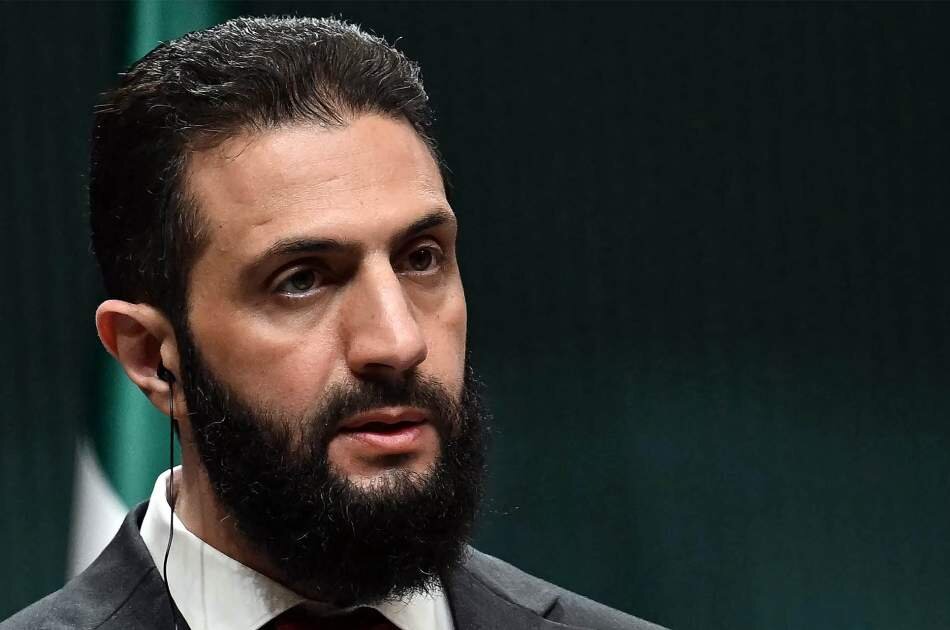Why does Jolani threaten Lebanon over his henchmen?

BEIRUT — Recently, the Foreign Ministry of the HTS-led government of Abu Mohammed al-Jolani leaked news about a “Syrian” intention to take punitive measures against Lebanon over the case of its terrorists kept in Lebanese prisons.
In parallel, a suspicious report prepared by Syria TV circulated that the case of these more than 2,000 terrorists has become “a tinderbox that could ignite a political crisis between the two countries.”
The Qatari-funded channel quoted the al-Jolani regime’s accusation that Lebanon is “procrastinating and stalling,” noting that Damascus is considering imposing restrictions on the movement of Lebanese trucks crossing Syrian territory as a punitive measure.
Al-Jolani, the self-appointed Syrian president (currently known as Ahmed al-Sharaa), expressed during his meeting with the Grand Mufti of the Lebanese Republic, Abdul Latif Derian, that the Lebanese government's “delay” in addressing the issue of his terrorists is no longer acceptable.
Derian was informed that it is a top priority, ahead of any cooperation, the restoration of diplomatic relations, or even the return of Syrian refugees.
Reportedly, the self-appointed Syrian president revealed that he had decided to ask his Foreign Minister, Asaad Sheibani, to visit Beirut specifically to discuss the issue.
Al-Jolani stressed that this visit would be the last diplomatic opportunity before Damascus introduces its punitive measures against the Lebanese government.
With the fall of the former Syrian regime on December 8, the northern Bekaa Valley was flooded with more than 62,000 displaced people, who had fled their border villages in fear of the al-Jolani terrorists, among them, Lebanese families holding Lebanese identity cards.
The threats by the HTS-led government placed the region (already extremely impoverished) on the brink of a humanitarian disaster due to deliberate and systematic official neglect, which prompted Hezbollah's service institutions, in cooperation with Iranian and Iraqi relief organizations, to shelter these helpless refugees.
This prompted Lebanon’s anti-Resistance team, led by the U.S. spy den (the embassy) in Beirut to accuse Hezbollah of establishing an illegal camp for Shiite and Alawite Syrian refugees, despite the fact that the office of Grand Ayatollah Ali al-Sistani is supervising the establishment of this camp, in coordination with the Hermel municipality (can accommodate 500 families out of a total of 4,000).
Since al-Jolani assumed power in Syria, concern has been growing over his failure to subdue his terrorist groups operating on the border.
What made matters worse was the leaked Hebrew media report that al-Jolani’s regime was demanding that the Lebanese governorate of Tripoli be annexed to Syrian Tripoli, given that it is an environment conducive to the activation of terrorist groups with the aim of destabilizing Lebanon’s security and committing sectarian massacres.
Meanwhile, Lebanese security services denied the existence of any serious threats on the Syrian borders, noting that they had pursued the source of these rumours to find out that they originated from fake foreign accounts that experts assert are linked to the Zionist enemy and aim to ignite a battle between the two countries.
Leave a Comment